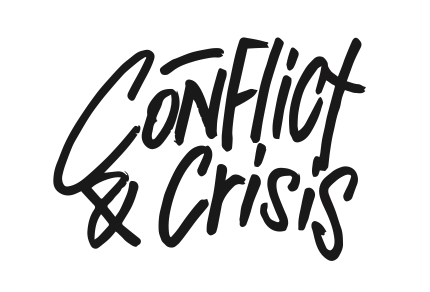
Some of the key issues that often correlate, coincide, or are caused by the elements of "Conflict & Crisis" in a cooperative are as follows -
COOPERATIVE CULTURE
Culture is created by the people in a group and how they choose to communicate and relate to one another. If a standard of “professionalism,” or the false compartmentalization of a person’s emotional life and unique identity to private arenas, is present in a group, that becomes the culture. In times of crisis and conflict, people experience a range of challenging emotions. Understanding how to process these experiences collectively and support one another through challenging feelings is no longer common knowledge in our overly individualistic society. Professionalism, in how it restricts and denies full self expression, is not cooperative. Further, if a strong cooperative culture is present, when faced with conflict or crisis, responding in a way that is compassionate and flexible is second nature.
EDUCATION & TRAINING
Whether or not a cooperative seeks to teach the whole of a person how to be cooperative, versus just teaching people how a cooperative enterprise functions, has great bearing on how well those individuals and their cooperative can weather conflict and crisis. If emotional and conflict management are taught within the cooperative, it allows for members to experience disagreements, misunderstandings, and even crises with more flexibility, compassion, and success. “Homo Cooperativus” education and training is perhaps the biggest contribution the Cooperative Movement gives the world.
CAPITAL
Conflict and crisis can fell any group, especially if the skills to manage all that comes with those things are not taught. Within the context of the Covid-19 pandemic, several cooperatives would have run out of capital and ceased to exist or ended up in considerable debt, if they did not proactively approach the situation with calm and flexibility. Emotions can run high in any conflict or crisis, and if capital decisions are navigated and made while a cooperative is experiencing a high level or group tension or reactivity, poor decisions can easily be made. Most obviously, too, having additional capital set aside explicitly for crisis situations can help a cooperative considerably in managing the immediate material challenges a tough situation can present. However, most of the youth cooperatives interviewed did not have the capacity to maintain such a fund, so - specifically within the context of the Covid-19 pandemic, the attitude and approach to addressing the situation as a collective was the more important factor in their survival and success in the face of the difficulties of the health crisis.
